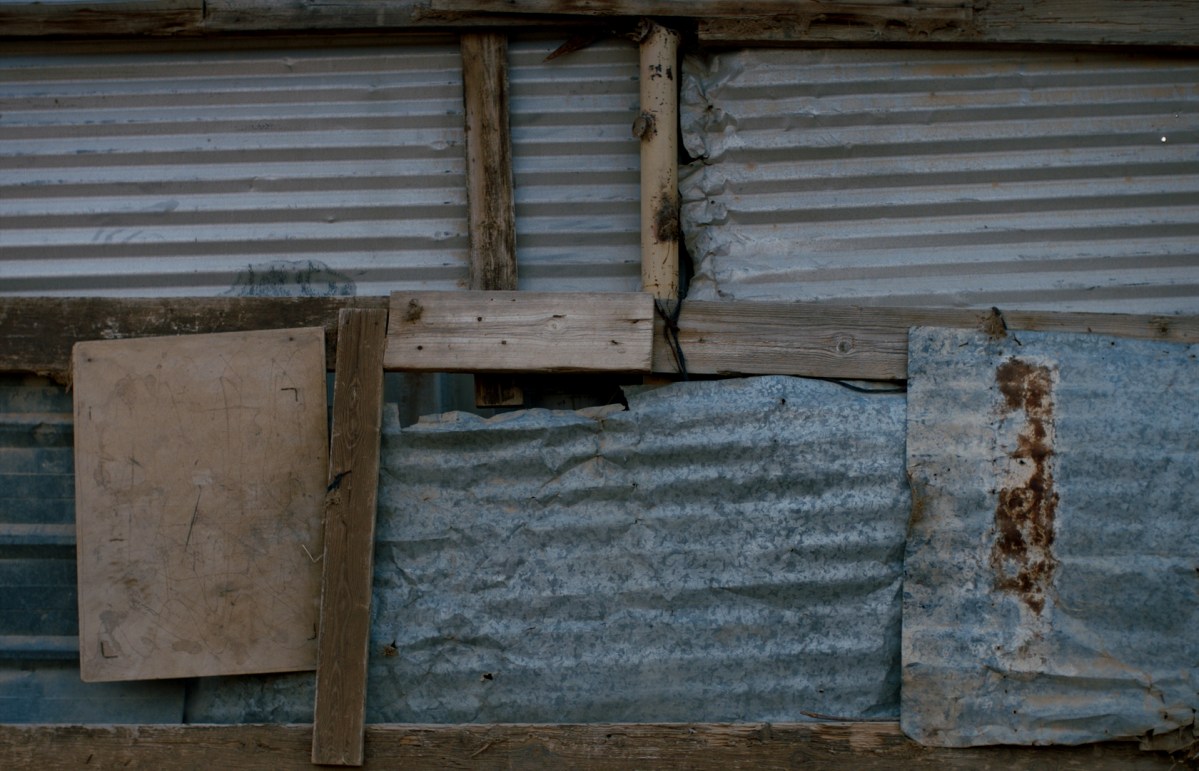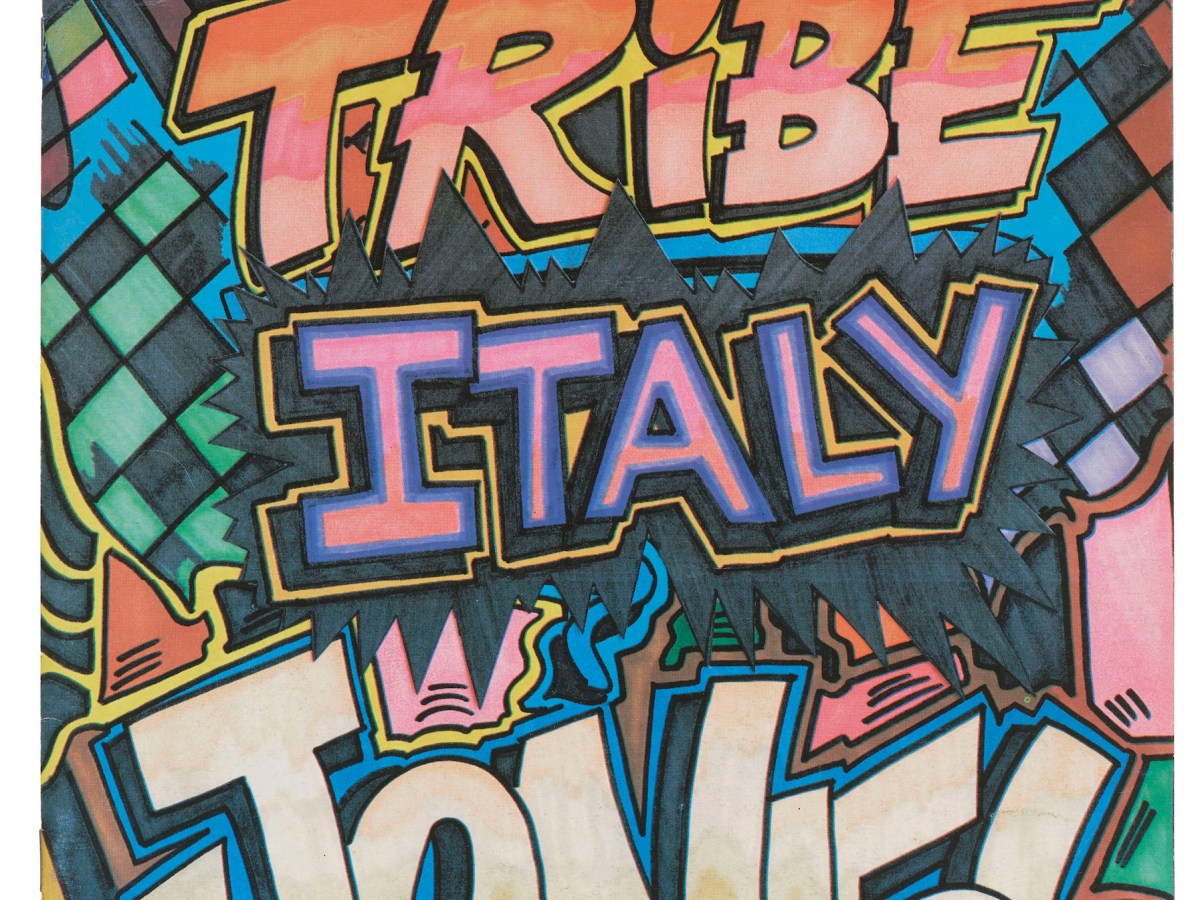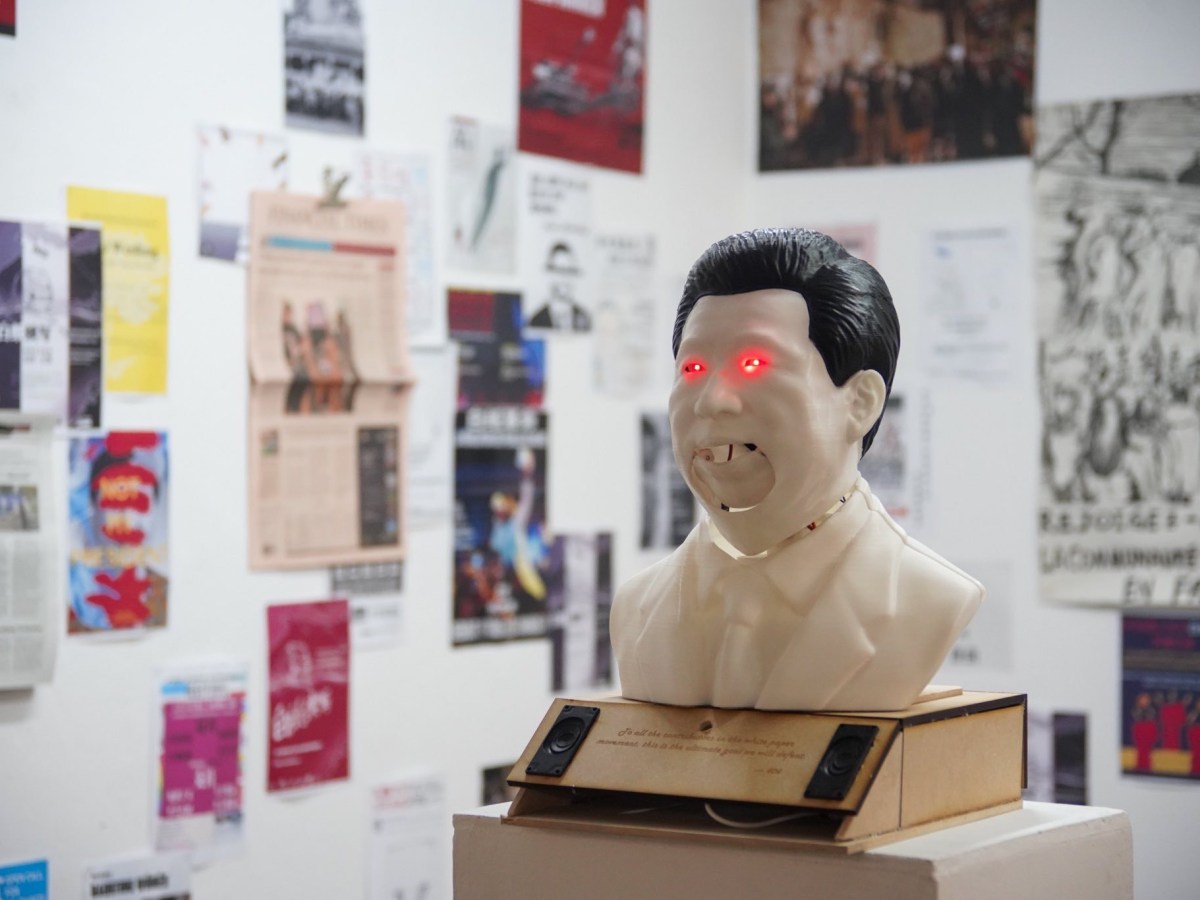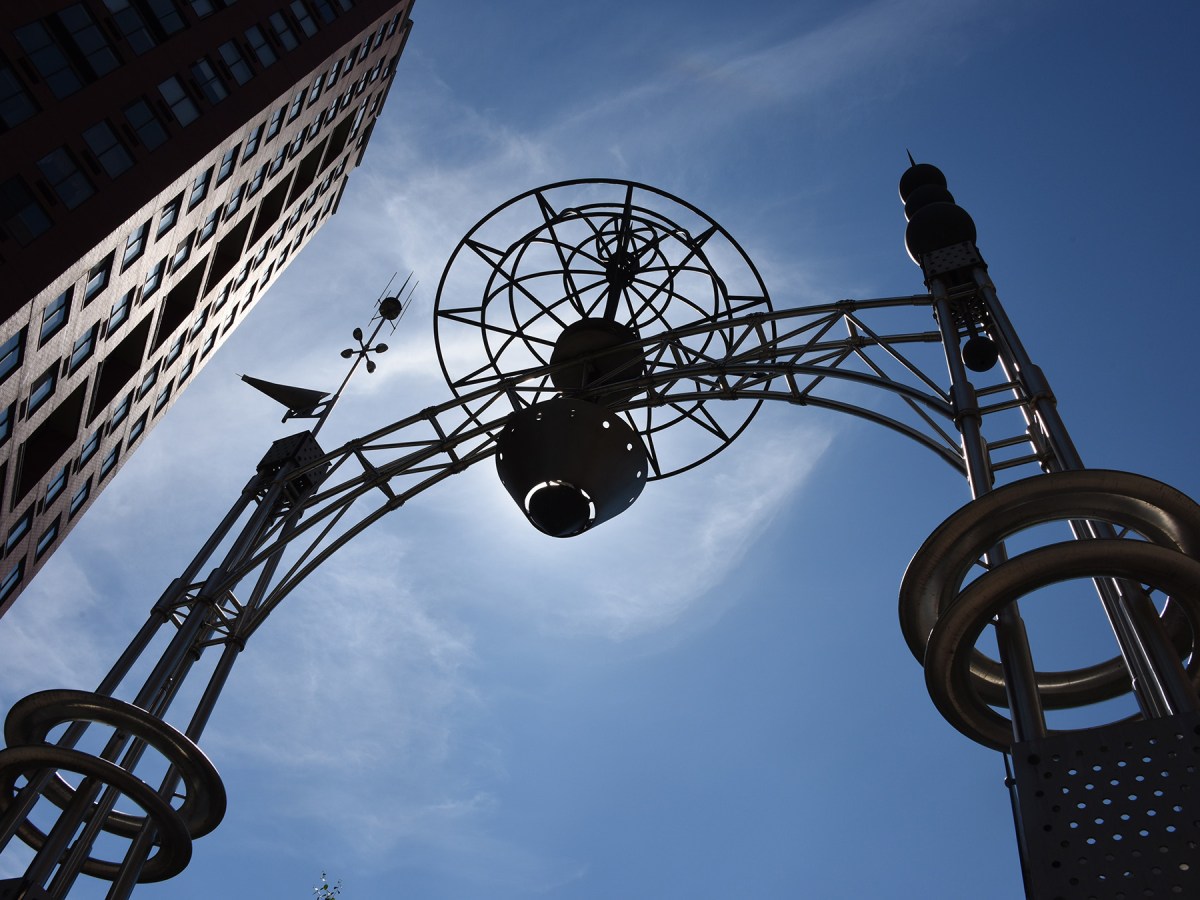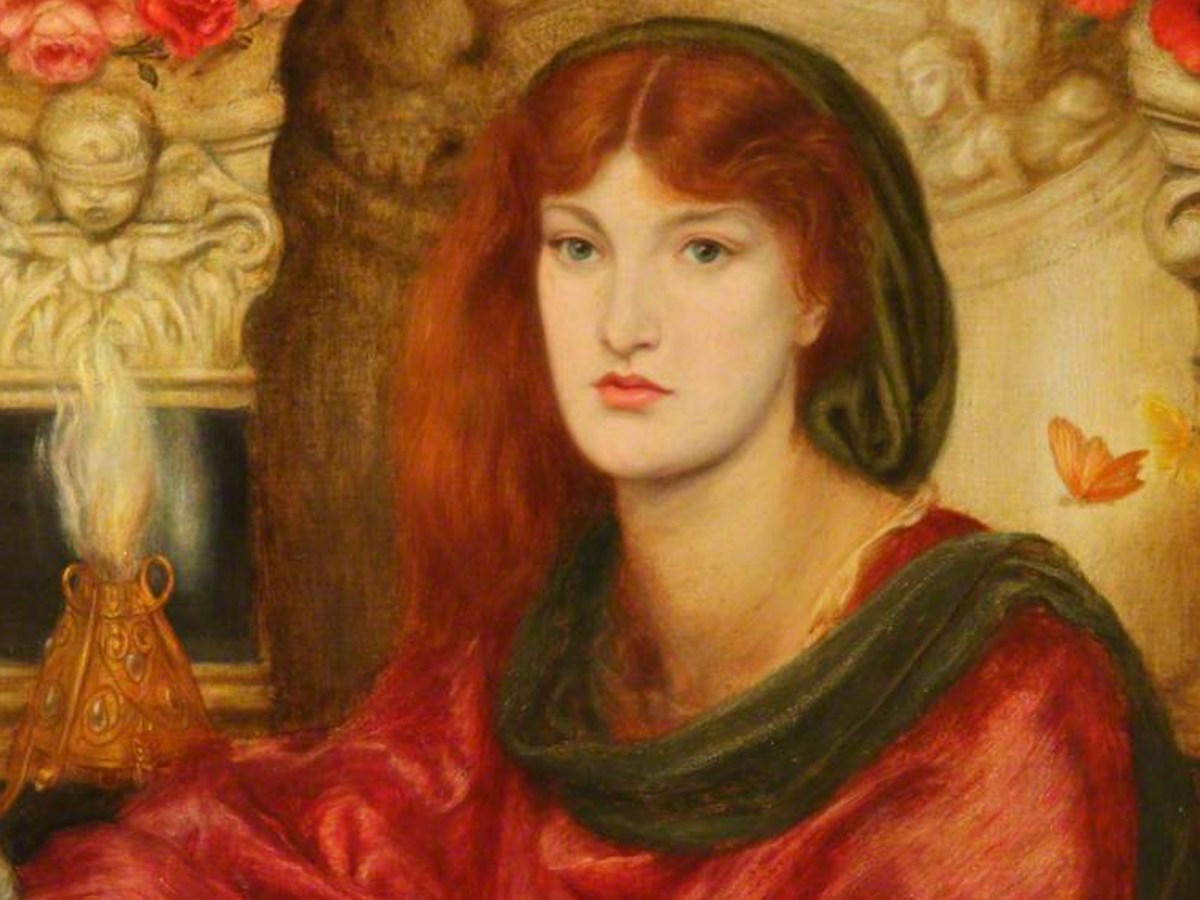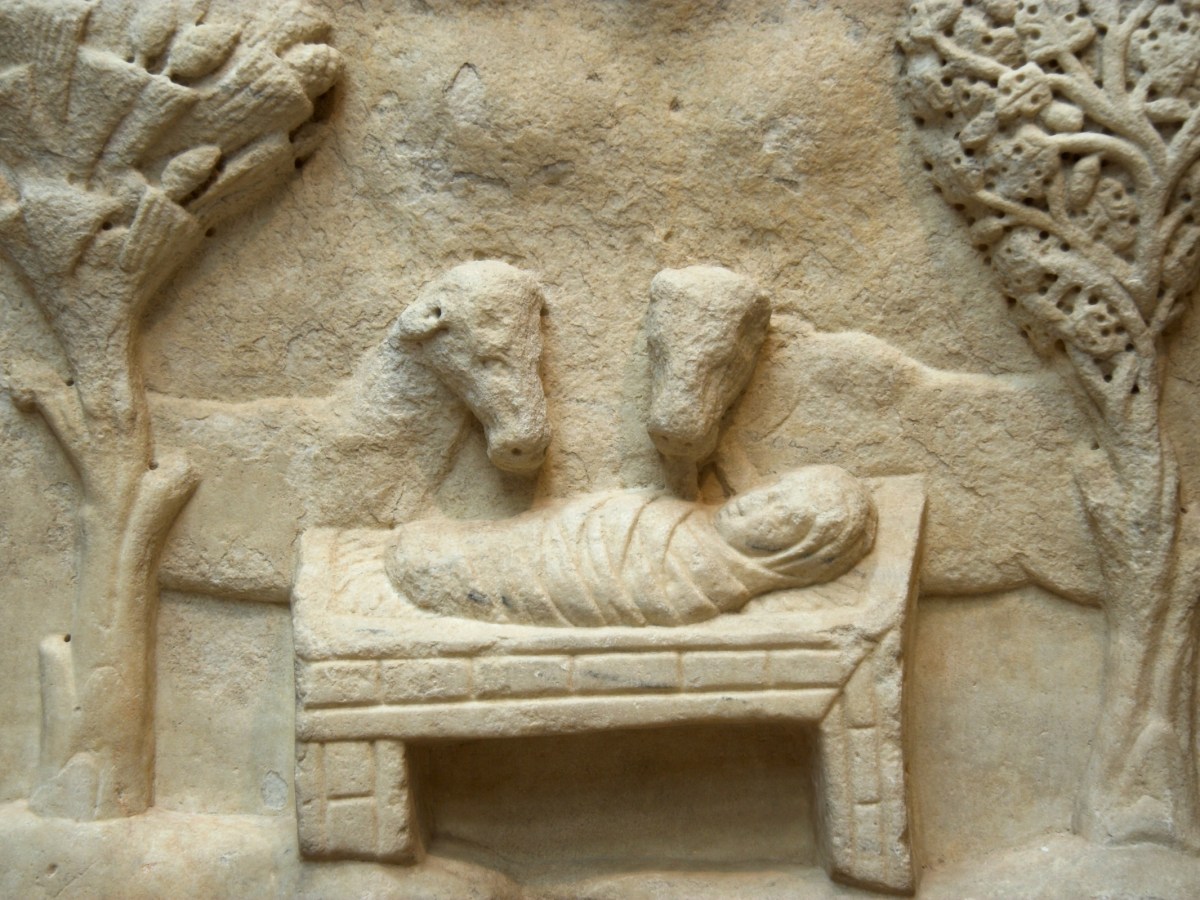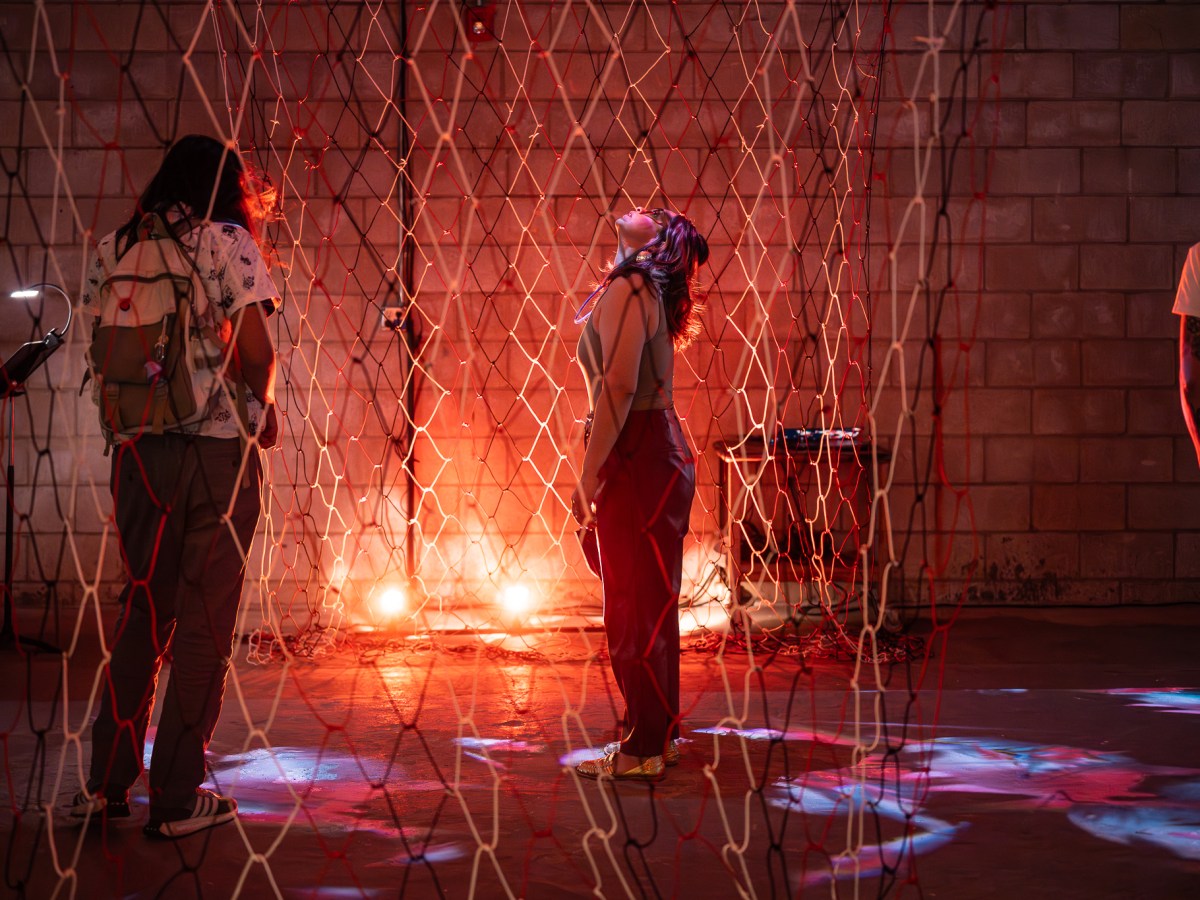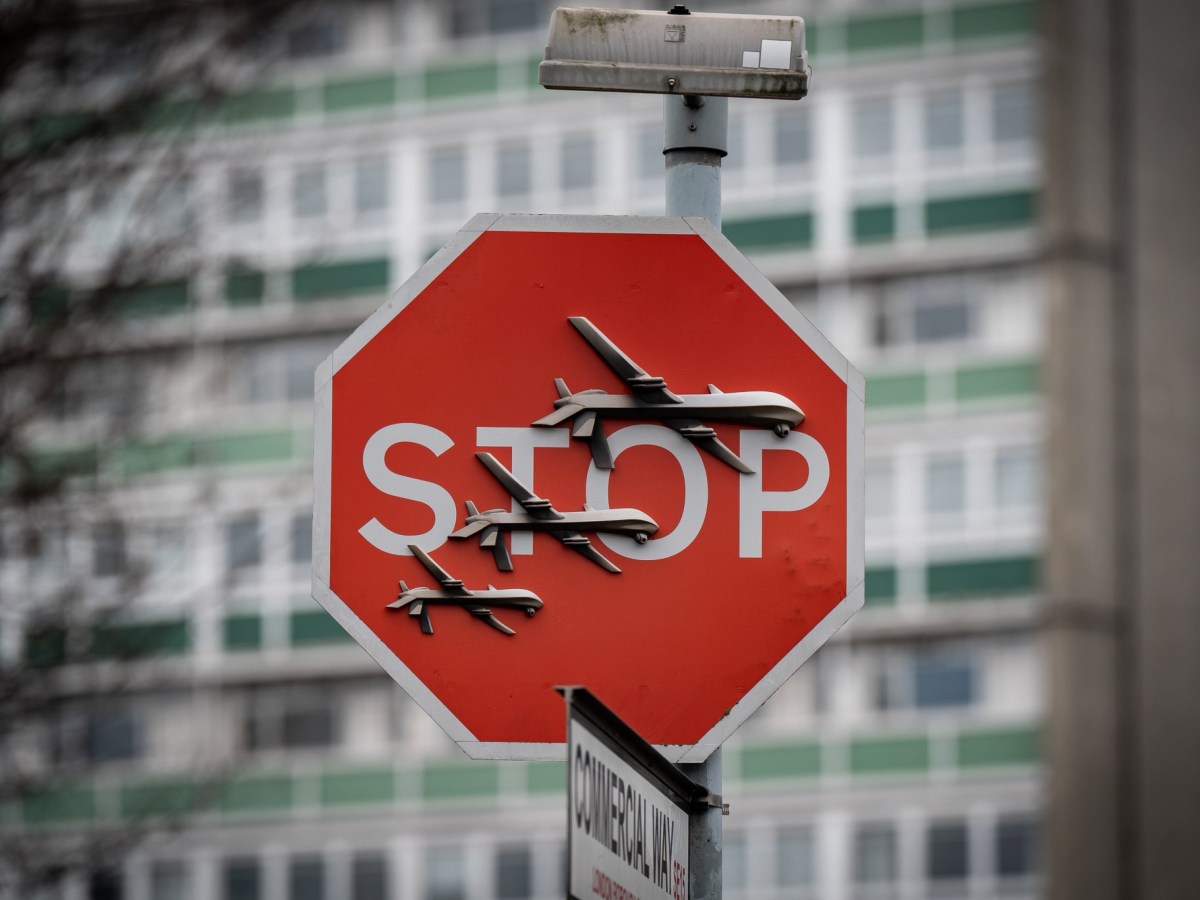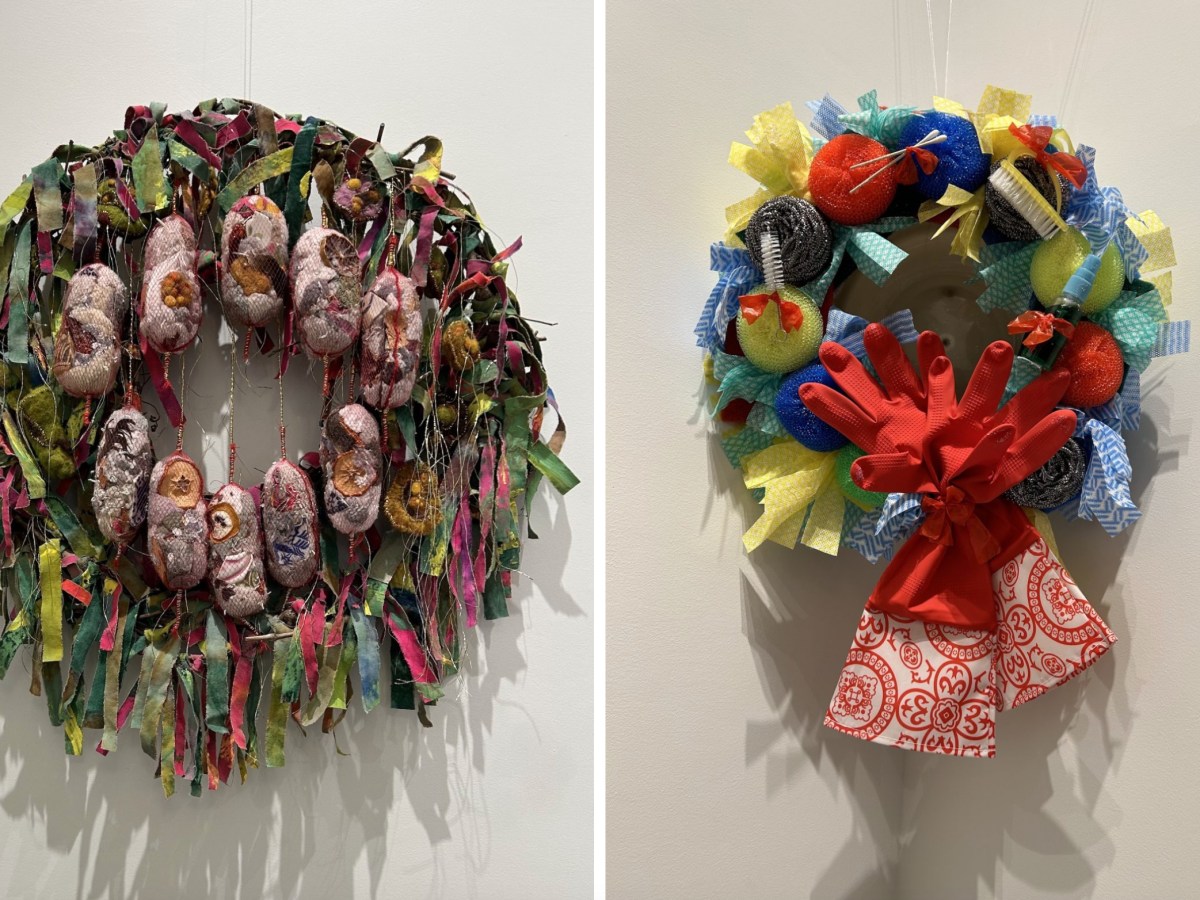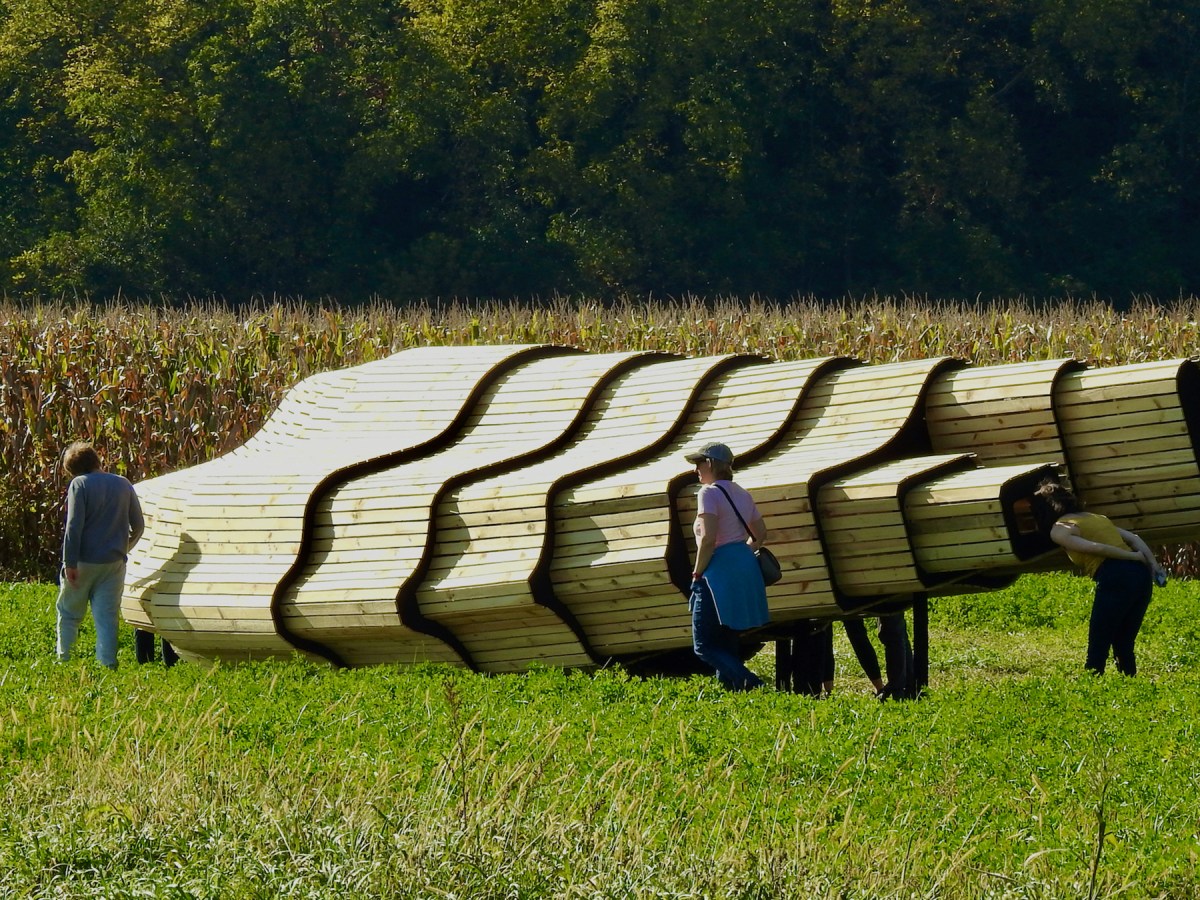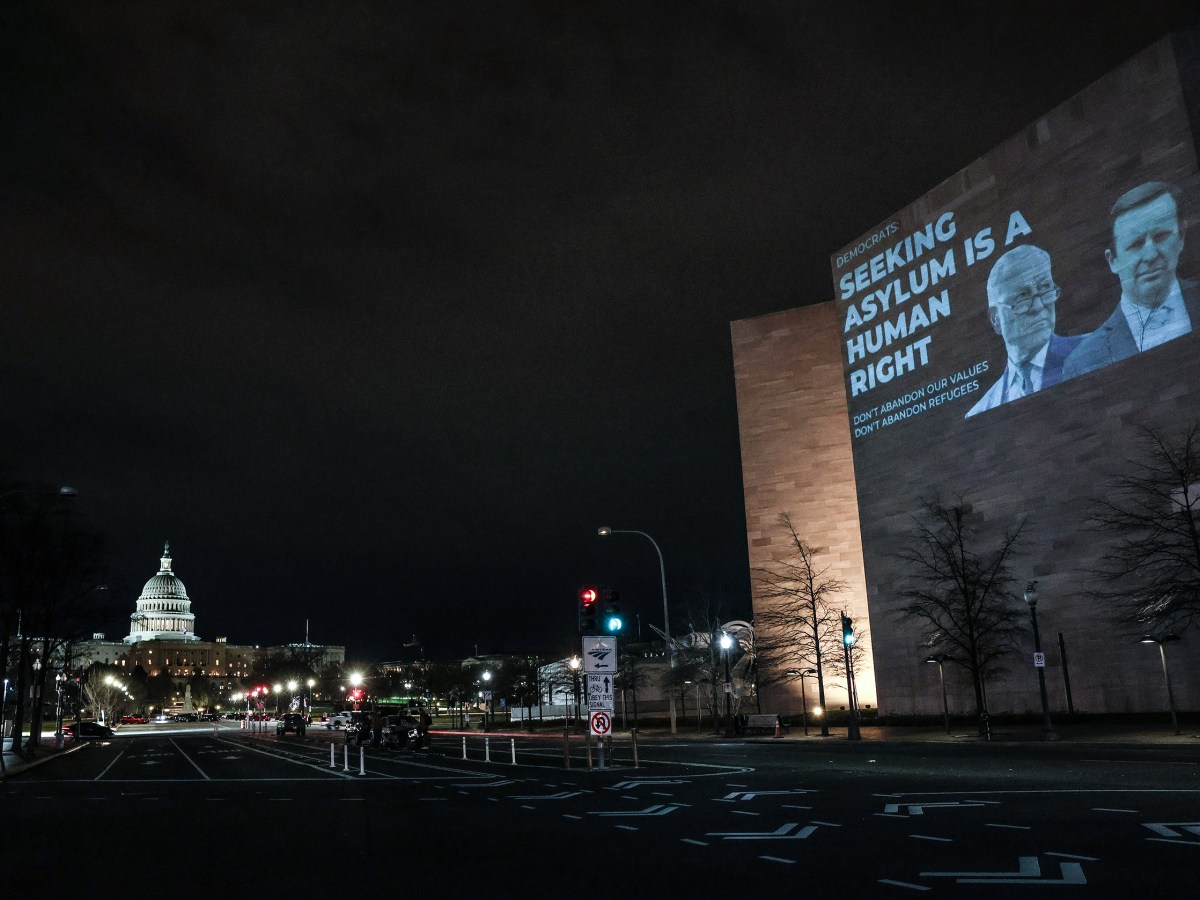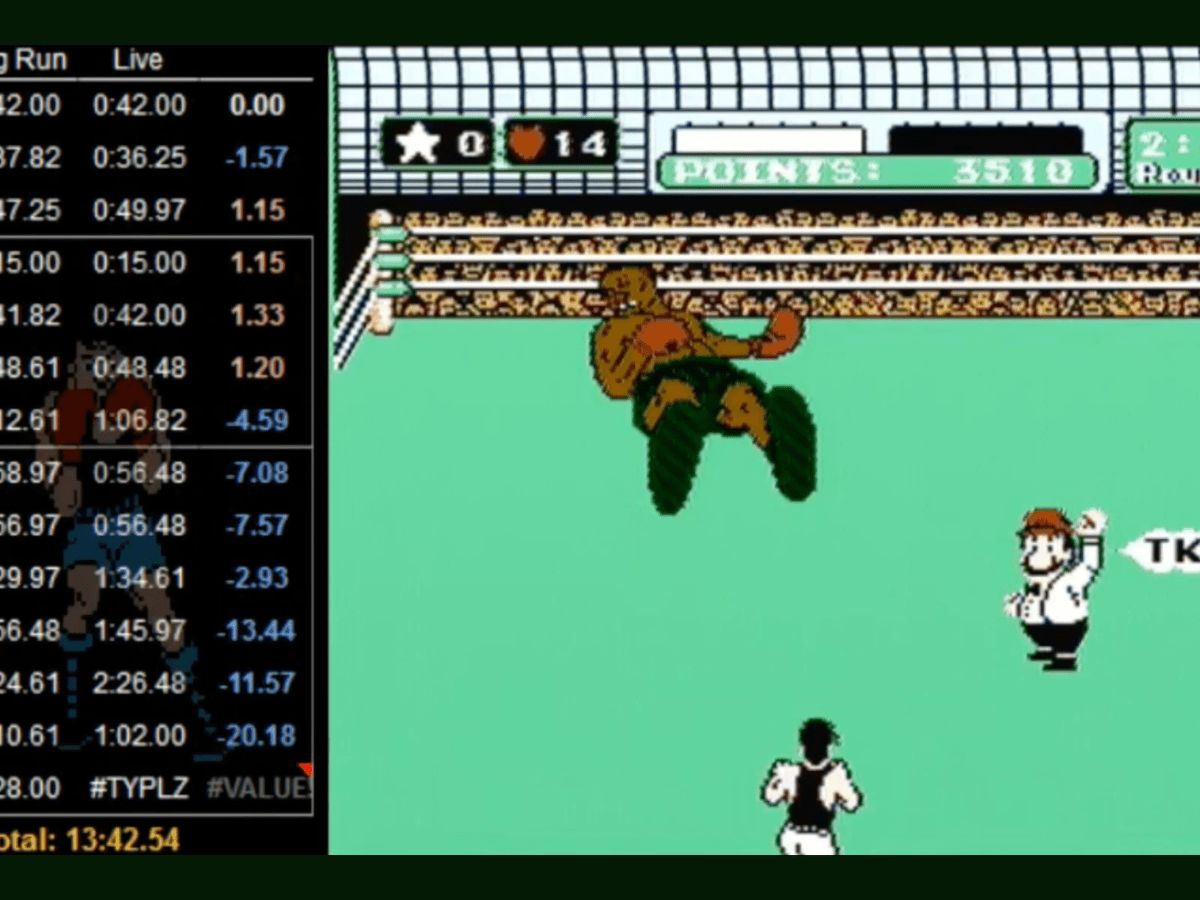Upon hearing early news that Hamas militants breached the barrier surrounding the Gaza Strip, I shared a few stories on my Instagram page. One of the stories in question was a photo reel showing the scene of a rave celebrating “peace and love” a mere three miles from the highly militarized concrete walls imprisoning Gaza. More than two million people, mostly refugees, sequestered inside these walls and under siege since at least 2007, are forced to live in an open-air prison that subjects them to conditions that violate international law.
Seeing these borders momentarily torn down and flown over, many Palestinians were moved by the stubborn and creative will to break free from captivity. Images of the parachute gliders appeared in our feeds alongside a tractor destroying the apartheid wall. Palestinian teenagers filmed themselves riding out on bikes and horses onto the lands from which their families were ethnically cleansed in 1948. We hoped this moment of fugitivity might restore the potential for life, liberation, and dignity for all in this wretched land, for this nightmarish fantasy of one-sided normalcy to end. These feelings were necessarily short-lived. We continue to watch in horror, along with the rest of the world.
At the time I shared my stories on Instagram, it had not become apparent that hundreds had been deliberately shot and kidnapped. I regretted my own comments after the news revealed the extent of the violence. To those who I am in solidarity with, Jewish, Arab, or otherwise: I neither sanction nor celebrate the murder of civilians and do not trivialize pain and grief.
Palestinians know well the feeling of dehumanization through indifference, not only in Gaza or the West Bank. Many Palestinians inside Israel face the impossible task of trying to live as equals in Israeli society, to be elevated from subhuman status to that of the human, whose life is worth defending. I lived through that racialized divide growing up in Jerusalem and, briefly, as an art student at the Bezalel Academy of Arts and Design. In a group critique where I was presenting my artwork in Hebrew to a class made up of nearly all Israeli Jews, my professor proclaimed that I must learn “to separate art from activism.” Today, this academy has dissolved the divide between art and military aggression. Bezalel has recruited its students to sew grenade holsters for the Israeli Army and is calling in current and former students to take part in producing “hasbara” videos and social media stories to sway public opinion.
My Instagram content was taken out of context and misframed by the German newspaper Die Welt, notorious for its bad-faith journalism. A smear campaign ensued, magnified by vindictive trolling that exaggerated and distorted my comments. International institutions that have worked with me in the past or present are being harassed and pressured. This has resulted in the cancellation of public engagements and exhibitions in Germany, where I live, and elsewhere. I am not the only one. Across Europe and the United States, numerous cultural workers who identify with the Palestinian struggle have been systematically targeted, publicly defamed, sacked, or disinvited in what can only be described as an embargo on empathy for Palestinians.
Despite numerous warnings about the rise of censorship in Germany, little has been done to counter the litmus tests that are now a normalized practice in the cultural sphere. Liberal cultural institutions routinely cave under the pressure of anti-Palestinian sentiment for a variety of reasons: fear of losing funding, intimidation, conformity, and structural racism. Meanwhile, the recent antisemitism scandal in Bavaria shows that millions of Germans find it perfectly acceptable to have an openly racist, antisemitic minister in government who makes a political career out of demonizing migrants.
On October 15, over 800 scholars and practitioners of international law and genocide studies issued a warning against Israel’s incitement to genocide. On October 23, Germany abstained from a United Nations General Assembly resolution for a humanitarian ceasefire. Israel’s Prime Minister Benjamin Netanyahu and his army generals pledge to flatten and erase Gaza, unashamed. Imposing a total siege, Israel commits atrocious war crimes, including collective dehydration and starvation; defenseless families are wiped out in the thousands, funded by European and American governments. On all this, cultural institutions remain largely silent.
What is this silence? Of what consequence are principles when they are not defended and insisted upon as we witness a genocidal onslaught? If solidarity with the Palestinian struggle is the limit of Germany’s self-proclaimed pluralism, then it is also the pressure point from which to dismantle this racist status quo. Those spaces that participate in silencing our voices, will be an ever-present reminder of liberal democracy’s colonial foundation.
Solidarity is born out of the courage to demand and seek justice across different perspectives and interconnected struggles. We must make space for Palestine and the struggle for Palestinian self-determination in all its messiness and fragmentation. This space should be a lens for thinking through plurality, complexity, immense tragedy, and idiosyncratic joy.

